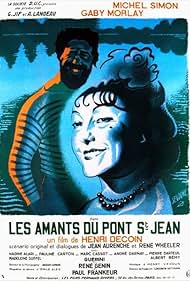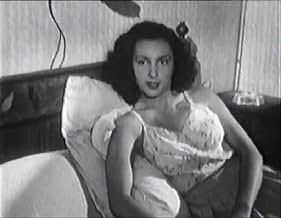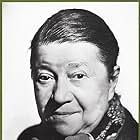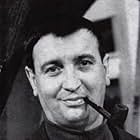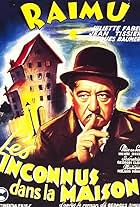As I'm flipping through a "Central Catholique" book,I notice that "Les Amants du Pont Saint-Jean was deemed "not suitable for a Christian audience;to be avoided out of respect for religion" The film begins with a procession on the banks of the Rhone ;the first pictures show a peaceful river flow .But what follows was downright scandalous for a well-meaning 1947 audience.Decoin seems to find back Jean Renoir's stubborn rebellious mind ,that of "La Chienne" and "Boudu Sauvé des Eaux ".
Michel Simon -who was Renoir's star- portrays a semi-tramp who sleeps with a crude woman (Morlay),a lush with a racy past.He has a son (Marc Cassot) who wants to marry the mayor's daughter;the father is not prepared to accept if,for the boy comes from a shameless background.
The young lovers do not do what the audience expects;had they died ,like Romeo and Juliet ,the film would have had an acceptable (thus reactionary) "moral".But they realize that their escape ("to think that she left home without her rosary ,the auntie/nun sighs!") represents the best hours of their love;if they get married ,sooner or later ,they will become like their family without a sound.Decoin takes here romanticism to new limits and proves us that any Romeo and any Juliet do not have to die to make their true love live forever.
When the boy comes back,to be confronted to a "wedding" banquet,which is a farce (his father and his partner have decided to get married to become part of the respectable people and thus become the mayor's daughter's family -in- law ) where the guests are drinking or bellowing bawdy songs,he realizes that his love was right to renege on their love .She told him so:"if you marry me ,you correct something which is wrong,but there is nothing wrong!" In 1947,such words were daring! The ending is completely unexpected and proves that Romeo and Juliet can age gracefully.
